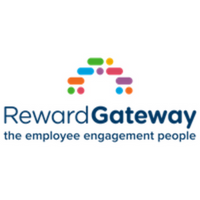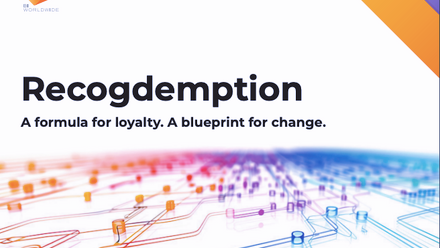Three tips for becoming an employee engagement rebel

With Gallup reporting that 87 per cent of employees are not engaged, costing the UK £340 billion a year in lost productivity, it’s no question that few of our employees are loving, or even liking us. The reason is because the status quo of how we treat people at work has failed. We have disengaged employees because we’ve lied to them, treated them as adversaries and given them crappy jobs without autonomy, excitement, accountability or praise. No wonder we have little engagement!
Calling all rebels
But all is not lost. There are companies out there doing things differently, treating their employees differently, and outperforming and disrupting their competitors. We call them rebels, and we share 60 of their stories, or what we call “plays,” in our book Build it: The Rebel Playbook for World-Class Employee Engagement. These rebels come in different sizes and shapes, from companies big and small, having workforces from a variety of generations, and having big budgets, small budgets and often no budgets at all. They include companies such as Adobe, BrewDog, Dunelm, Gap Inc., LinkedIn, Stonegate Pub Company, St John Ambulance, and Zappos.
Although each is different, they have three things in common which make them stand out as rebels and help them make a difference – to their employees and to their companies.
1. Strategically innovate. Innovation has become such a buzzword that we often forget what it is and why we’re doing it, and we end up innovating just so we can say we’re being innovative. Rebels go back to the basics, remembering that innovation is to be done strategically to, as the dictionary defines, “satisfy the needs and expectations of the customers”. With employees as our customers, true innovation occurs when we go back to basics and link innovation to the needs of our employees and to our businesses.
An example of this is a play by Gap Inc., the fashion retailer, who ditched its performance ratings and annual reviews, and became one of the first brave companies to do so. Its new performance management process is called GPS, and stands for Grow. Perform. Succeed. It’s an analogy for what Gap wants its managers to do. It has been such a success that the Harvard Business School uses it as a case study in its MBA program.
2. Be unique. Rebels know that if you want your employees to engage with you, they need to know who they’re engaging with. For this reason, they don’t take the latest fad “off the shelf,” but instead innovate in a way that is unique to their company and to their workforce. They aren’t afraid to show their personality, even if that means being different than others.
An example of this is a play by BrewDog, an independent Scottish brewery and pub chain, who created a unique benefit called “pawternity leave.” Aligning with their love of dogs (the company was founded by two men and a dog), they decided to create a benefit not common in the marketplace, which lets employees take a week off to take care for a new puppy or rescue dog.
3. Be brave. Rebels understand that being brave is about doing things that many are often afraid to do, but needs to be done to achieve a company’s objectives. They also know that being brave may mean having to go up against opposition, and having to fight for their cause no matter how difficult and challenging it can be. They don’t let this fear get in their way, but use it to fuel their energy and passion to make things happen.
An example of this is a play by BambooHR, an HR software provider, who removed their traditional sales commission plan. This brave step represented a drastic and emotional change, but aligned with the company’s objectives and what they felt was right for the business and their sales team.
I hope this has inspired you to join our “rebelution”, being and doing rebellious things at your company. If you’d like more inspiration feel free to pick up a copy of the book, with all proceeds going to charity, and also check out additional plays and inspiration on our website. And finally, I look forward to hearing the great things you do – you never know, you may be in our next book!
The author is Debra Corey is group reward director at Reward Gateway.
This article was provided by Reward Gateway.
Supplied by REBA Associate Member, Reward Gateway
We help the world's leading companies with an employee engagement platform.







